At the forum entitled Peace requires strength - Post-NATO Summit, Minister Szalay-Bobrovniczky highlighted the achievements of the summit in Vilnius as the adoption of the new defense architecture, as well as the defining of the relationship between wore-torn Ukraine and NATO. He noted that although the statute forbids it, and that the accession of a country at war would immediately put the defense alliance at war, the press had raised expectations - based on statements by the Ukrainian president - that Ukraine would be invited to NATO in Vilnius. The defense minister said that NATO was growing stronger, that the accession of Finland and Sweden would strengthen NATO, and that the Hungarian confirmation of the latter's membership was a technical matter, since the government supported the admission and had submitted the ratification documents to Parliament.
Parliamentary Defense Committee Chairman Lajos Kosa of Fidesz added that the specialist committee also gave a supportive opinion, and the military technology based on the Gripen fighter aircraft forms a common platform with Sweden. According to the Commission President, what did not happen in Vilnius is equally important to what happened: Ukraine was not invited, i.e. it was not exempted from fulfilling the conditions for NATO membership; Sweden did not join before the Vilnius Summit; there was little mention of the 2% GDP minimum for defense spending, which Hungary met before the deadline, but not large countries like Germany; and after a combative introduction, the NATO Summit said nothing new about the Alliance's policy towards China.
Regarding the latter, the defense minister noted that it would not have been in Hungary's interest for NATO to classify China as a threat rather than a risk factor. Hungary is interested in connectivity rather than bloc-building, and it wants to trade with countries, not to go to war against them, he added.
John O'Sullivan, President of the Danube Institute, said on the panel that even if peace is achieved, we can expect a long period of tension between Russia and NATO, which many are already calling a new cold war, and which will definitely involve an increase in defence spending. "Europe is less afraid of Russia today than before the war, but neutrality is no longer as attractive or fashionable as it once was: not only have Finland and Sweden abandoned it, but there are increasingly loud voices in Austria, Switzerland and Ireland calling for NATO membership.
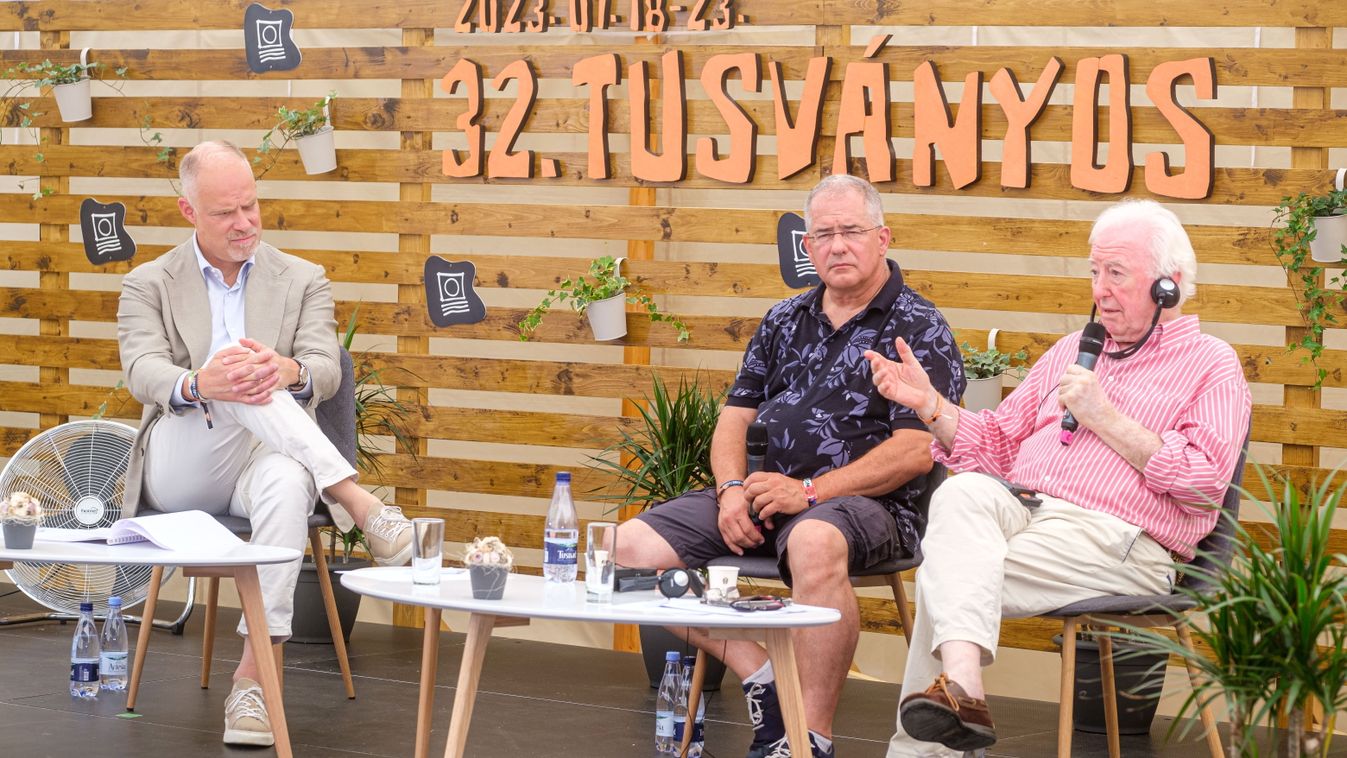
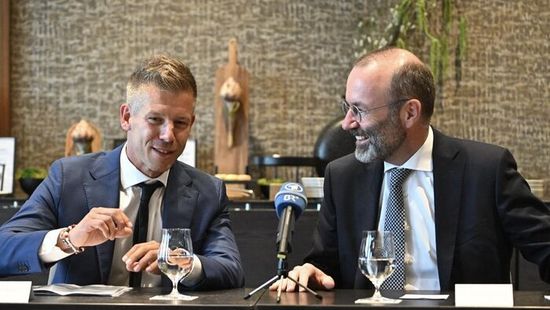
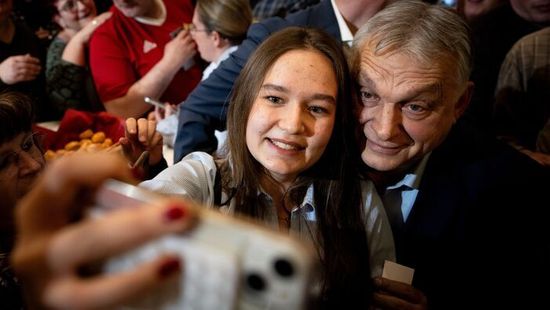
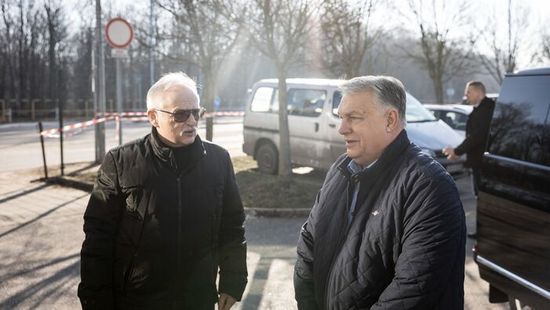
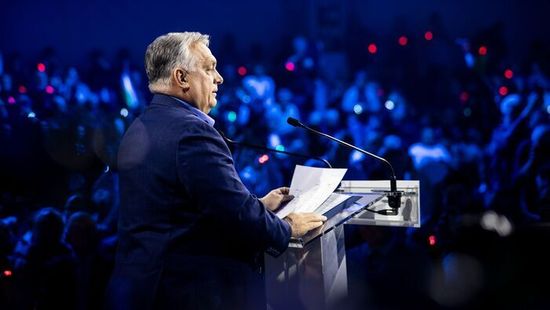

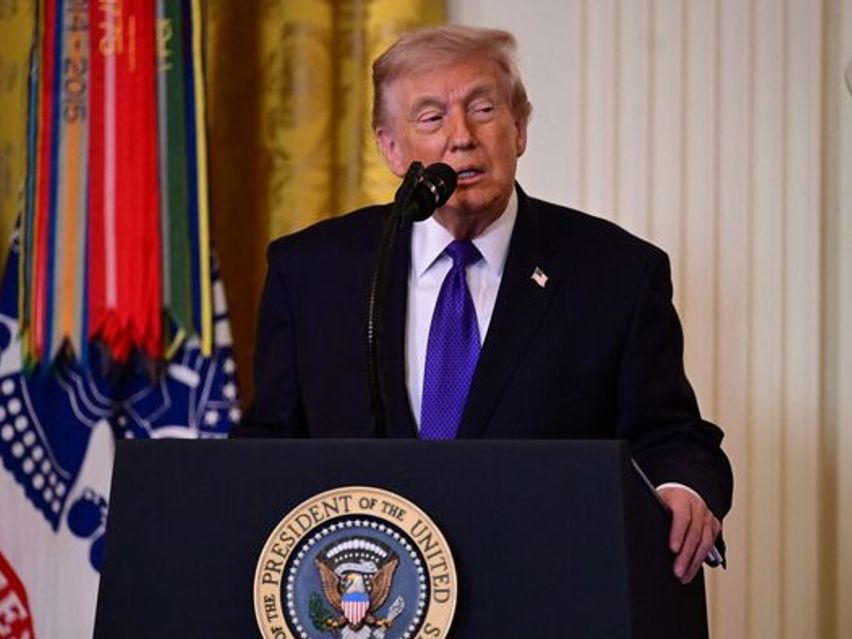
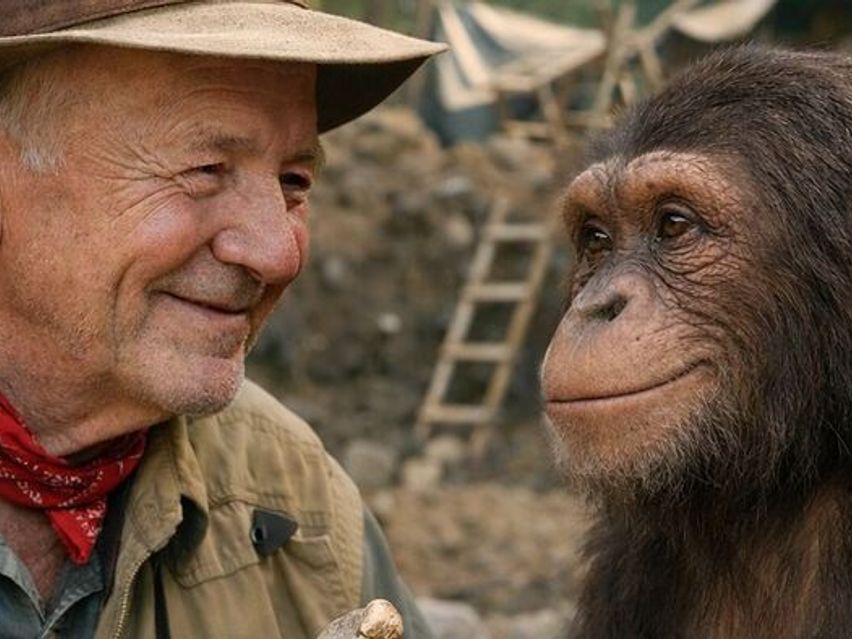
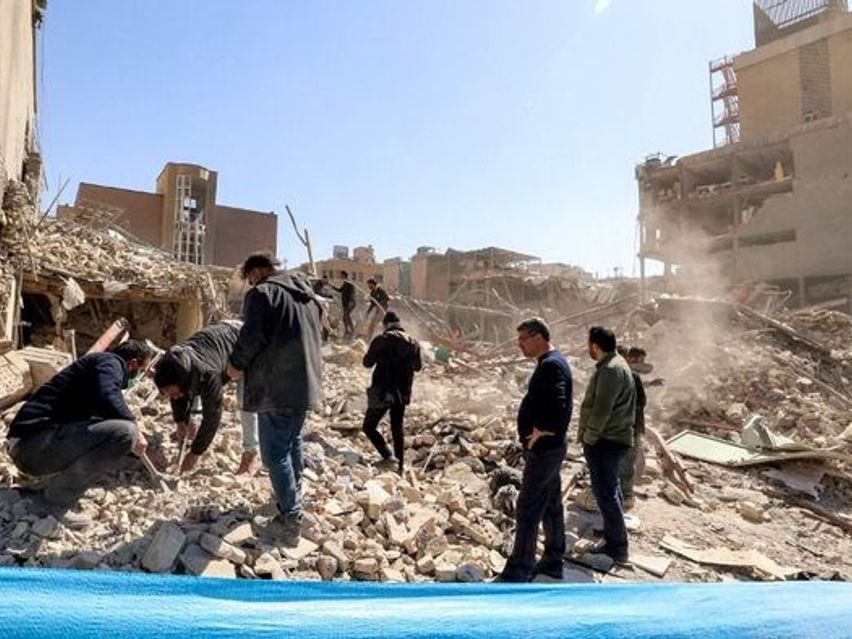
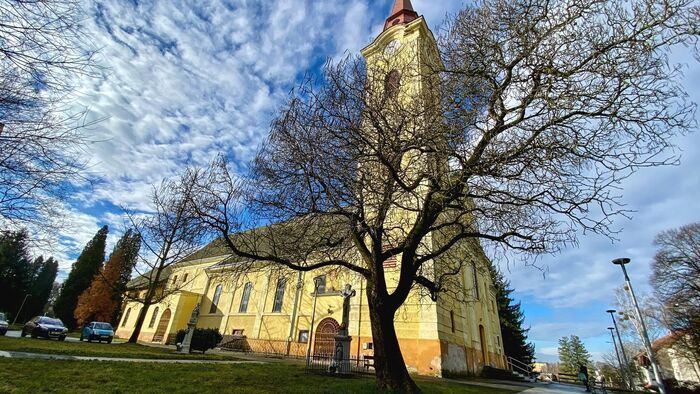

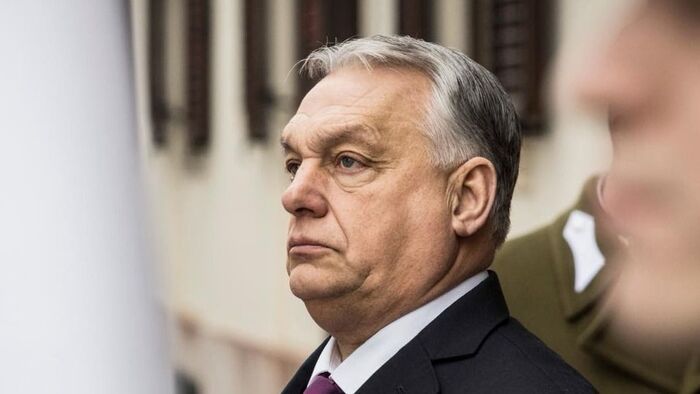
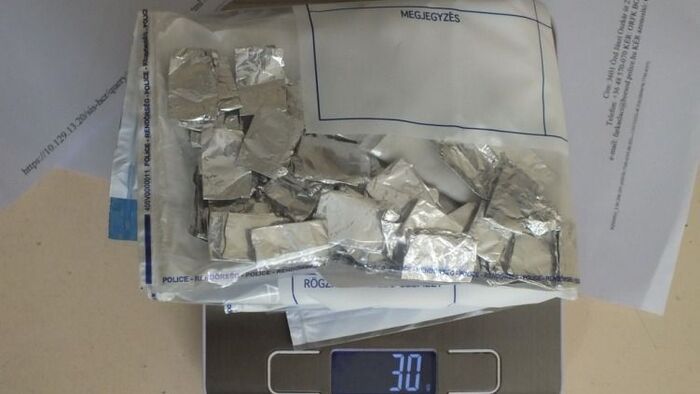


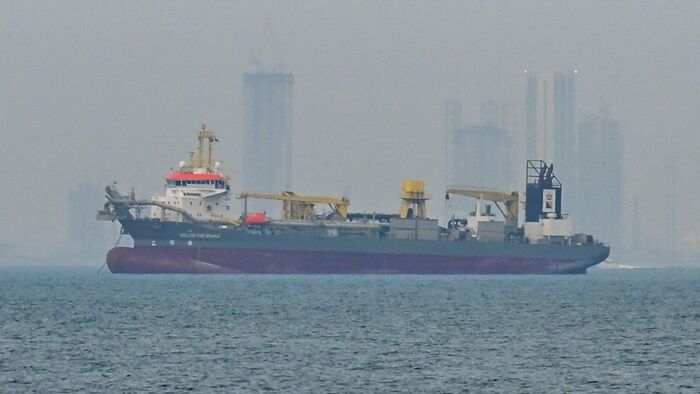
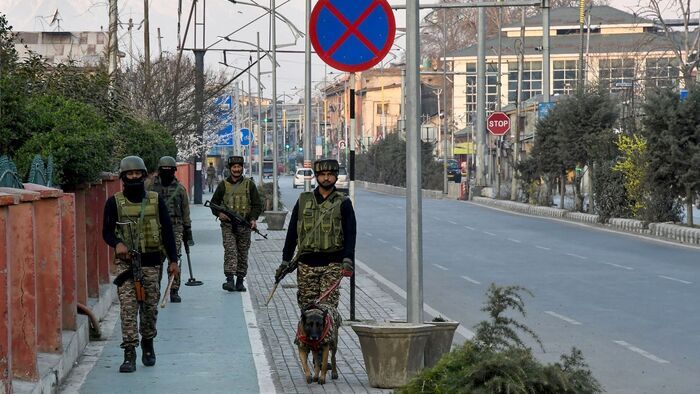
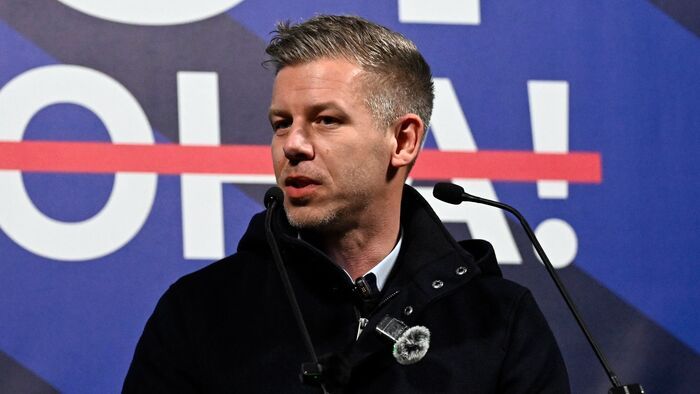


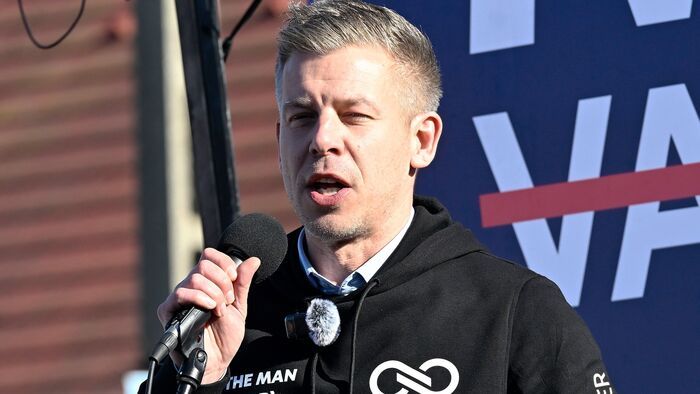
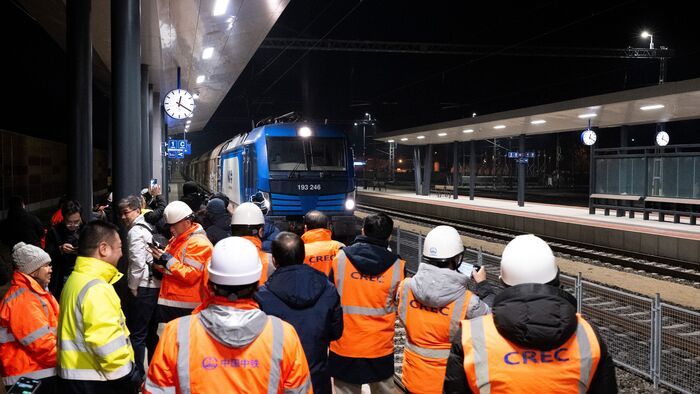

Szóljon hozzá!
Jelenleg csak a hozzászólások egy kis részét látja. Hozzászóláshoz és a további kommentek megtekintéséhez lépjen be, vagy regisztráljon!